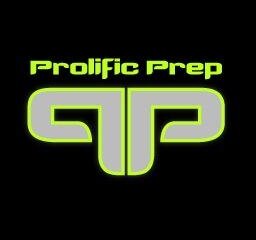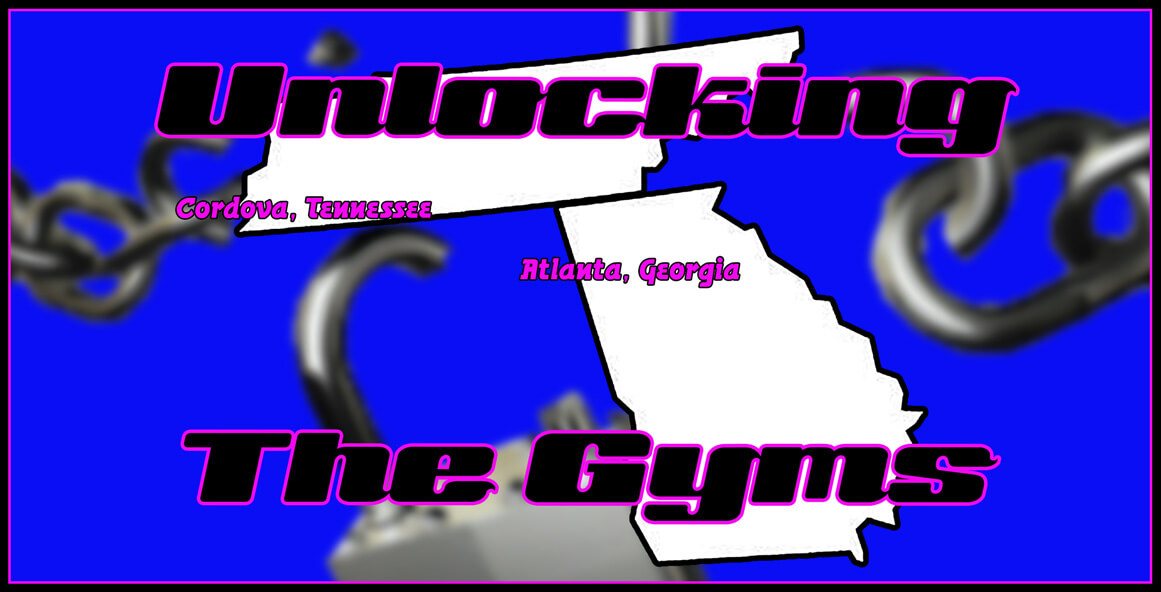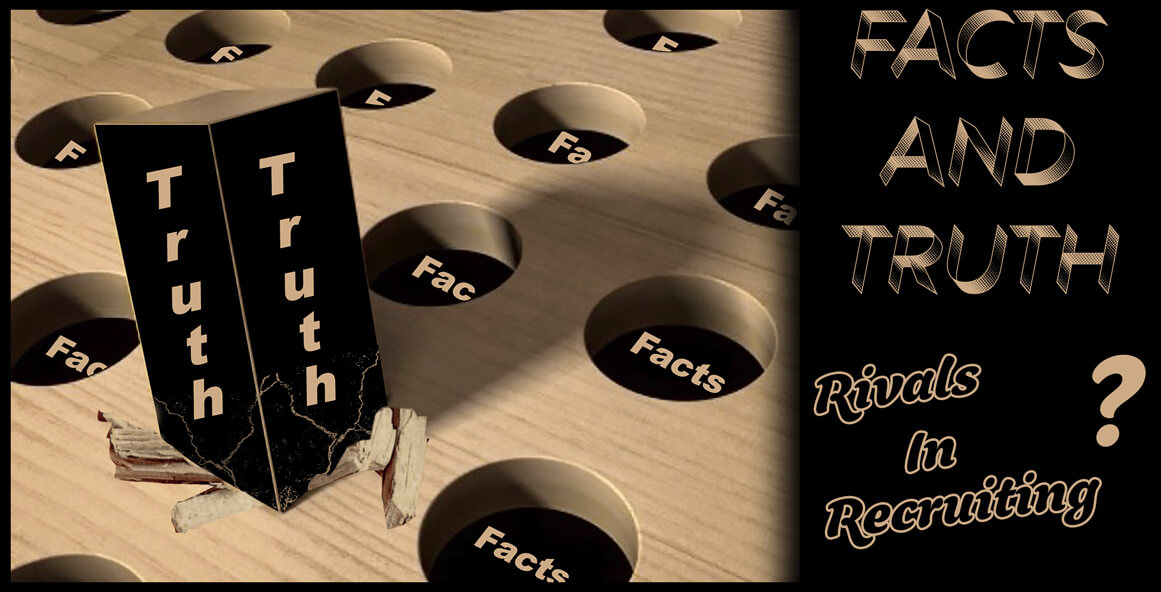
One of the most famous quotes in business is that “you never a get a second chance to make a first impression”. I’m not sure that translates to recruiting at face value but there are instances where it does cross over in the most literal sense. The NCAA limits the number of days for college recruiters to evaluate athletes in both scholastic and club basketball. Given that, you can bet that every performance they see will impact whether or not they or another member of their staff will make the time to give you a second look. With the Spring non-scholastic evaluation period in front of us this weekend many athletes are going to be making impressions on recruiters that may well determine if they’ll be courtside again in July or window shopping on other courts for new players to evaluate.
Regardless of whether college coaches are on hand specifically to see you or they just happen to be in the gym to see a teammate or opponent, when the ball goes up, they’re going to see you in action. Don’t take this as a green light to suddenly cut loose and turn into a one man show. That never works well for your team and it seldom impresses anybody taking notes and looking for talent. The best way to make an impression is to do what your coach have asked you to do, do it well and do it every moment you’re on the floor.
Each year we see recruits change their game when the college folks walk in the door. Shot selection becomes a mystery, post players are suddenly putting the ball on the floor and decision making digresses to a level that makes congress look well thought. Continue to play as if there isn’t a single soul in the gym. Execute and work with your teammates. Play one end of the floor at a time and regardless of the outcome; focus on the next possession in front of you. Embrace the old coaching cliché’ that says “you can always rebound and defend”. Not because your shot isn’t going in during a specific game but because you should ALWAYS rebound and defend while continuously striving to be the hardest working player on the floor.
There is one reality of recruiting that’s important to understand. Ultimately, you do have to perform and produce. You could do all of those things above and still not raise an eyebrow of one recruiter watching your game. There are those who will tell you that hard work and effort will take you where you want to go. Nice theory, but a little light on the reality side of things. Effort, toughness, hitting the floor and spending half your life in the gym mean very little if your skills are lacking and you can’t get a stop defensively. I’m not saying those characteristics don’t count, they absolutely do. They may well be what separate you in the eyes of college coaches from other athletes with a similar skill level. However, by themselves they’re not going to get you the interest you want. At some point it’s about results.
As you hit the road here are a few thoughts to keep in mind. They may just be intangibles but every little bit helps when you’re looking to put your best out there with the college coaches in the gym.
- Rest – It’s always a lot of fun to be on the road with your friends and teammates and naturally there’s a tendency to stay up late, hit the mall or enjoy the pool. Stay off your feet during breaks between games and get your sleep. Two or three games a day are a challenge and coaches won’t cut you any slack in their evaluations because you happen to be tired.
- Eating – I may be the last person who needs to offer eating advice but just like your rest, proper nutrition is essential to play your best over a long weekend tournament. ALWAYS eat breakfast, minimize the fast food and make good choices in what and when you eat. Along the same lines, energy drinks are not the answer to poor conditioning, lack of rest or bad eating habits.
- Get to the gym early – Encourage your coaches or parents to get you and your teammates to the game site early so you can prepare. Club ball often means minimal warm up time and you don’t want to waste any getting taped, putting on your shoes or rushing your personal stretching. Walking in the door and tipping off five minutes later seldom leads to quality basketball. Being prepared is your responsibility so speak up to the adults if they aren’t looking at the big picture.
- Play every possession as if the game were on the line. Up 20 or down 20, coaches will still be evaluating your play. Just because the result may no longer be in question does not mean that they’re looking at what you do differently. Also, a lot of recruiters watch half of one game and then catch the second half of another. Show them you know only one way to play…all out.
- Demonstrate the ability to learn – Don’t continue to make the same mistakes in your fifth game of the weekend that you made in the first game on Friday. Also, don’t revert to bad habits because they’ve worked for you in the past. You have to be willing to advance your game. Coaches would much rather see mistakes made while doing things right rather than see you doing something wrong that won’t work well on the next level.
- Don’t forget that they’ll be watching the non-basketball things as well. Are you coachable and listening to instructions? How do you interact with and communicate with your teammates? What respect do you show to officials and how do you respond to a bad call? Do you “stay in the game” while you’re on the bench? Do you ignore coaching from the grandstands? (Huge issue!) Are you part of the team or spending all your time off the court talking on the phone or texting with someone else? Bottom line, how do you represent both yourself and the team?
If you do the math on club basketball and recruiting you come up with the figure of 26 days. The current calendar has been in place for several years and allows a three day fall weekend, another three day spring weekend and then two ten day periods in July separated by a five day break. Take into consideration the number of individuals, teams and events that make up the club basketball environment and it’s easy to appreciate the daunting challenge facing recruiters. Add to that the constraints of following their top recruits in each class, seeing the programs that are consistently producing top caliber talent and the politically correct necessities of following teams from your geographic region and the time to simply “check out” other players now becomes a very limited commodity.
If you’re looking to create interest or improve your options you can’t afford to waste even one opportunity. You never know what schools are watching and you can bet that there are plenty of conversations among recruiters about whom and what they’ve seen. A lot of decisions as to what events, what teams and what individuals a program will follow in July are based largely on what coaches see in the spring. One bad game isn’t going to crush anybody’s opportunities in the overall scheme of things, but it could change who will be watching next time out. If you’ve already got plenty of interest, show those schools they were right and don’t provide them a reason to second guess themselves. If a school or coach is seeing you for the first time give them a reason to come back and see more. Make every moment count.
Mark Lewis is a national evaluator and photographer for Blue Star Basketball as well as the lead columnist for Blue Star Media. Twice ranked as one of the top 25 Division I assistant coaches in the game by the Women's Basketball Coaches Association (WBCA), he logged 25 years of college coaching experience at Memphis State, Cincinnati, Arizona State, Western Kentucky and Washington State. Lewis serves as a member of the prestigious McDonald’s All-American selection committee as well as the Naismith College Player and Coach of the Year committees.

Latest Articles
-


Christopher Lawlor
/ 7 hours agoGonzaga (DC) hires former Fordham University coach and alumnus Keith Urgo as its head basketball coach
BENSALEM, Pa. — Gonzaga of Washington, D.C. and a regular in the Blue Star...
-
Christopher Lawlor
/ 8 hours agoUSA Basketball announces 33 invitees to Men’s U19 National Team training camp for FIBA U19 World Cup in Switzerland
COLORADO SPRINGS, Colo. – USA Basketball announced the 33 athletes expected to participate in...
-
Christopher Lawlor
/ 6 days agoUSA U16 Men’s Basketball training camp opens May 22 with 12 players heading to 2025 FIBA AmeriCup in Juarez, Mexico
COLORADO SPRINGS, Colo. – Only strong will survive the cut and with it the...
-


Christopher Lawlor
/ 7 days agoMOVING DAY: Prolific Prep will relocate to Fort Lauderdale, Florida from Northern California in time for 2025-26 school year
BENSALEM, Pa. – Prolific Prep, a regular in the Blue Star Media Elite 25...




